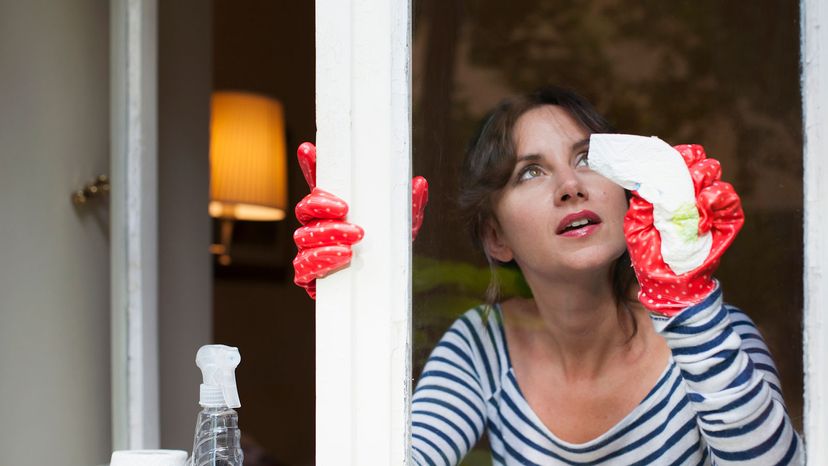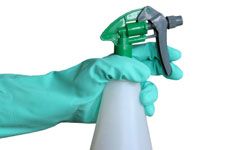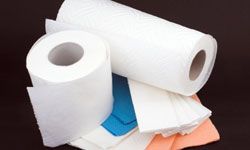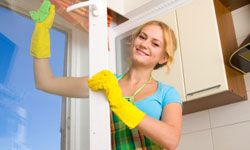
Key Takeaways
- To clean glass without streaks, use distilled water instead of tap water to avoid mineral deposits.
- Vinegar, an all-natural and nontoxic cleaner, mixed with warm water is an effective and environmentally friendly glass-cleaning solution.
- Avoid using soap and paper towels for cleaning glass; instead, opt for a solution with minimal soap and use a microfiber cloth or newspaper to prevent streaks and lint.
Although not as cringe-worthy as other household chores, like scrubbing down the old toilet bowl, window cleaning is nonetheless tedious and repetitive. The task takes on a new level of annoyance when all that careful spraying and wiping results in a mess of streaks. To add insult to injury, they often reveal themselves only when they catch the light just so, a phenomenon that almost always occurs when company is over.
Fortunately, it doesn't have to be that way! Much like other cleaning chores, taking care of glass, whether it's a window or a mirror or a coffee table, is more about the tools than the actual elbow grease involved. With the right stuff in your bucket, you can get your glass streak-free and crystal-clear in no time. So check out the next page to start our simple list of five tips that'll surely have your glass surfaces sparkling with little effort or expense. It's isn't rocket science, either – the first tip has largely to do with something that should be common sense, but often isn't! Keep reading to find out.
Advertisement


